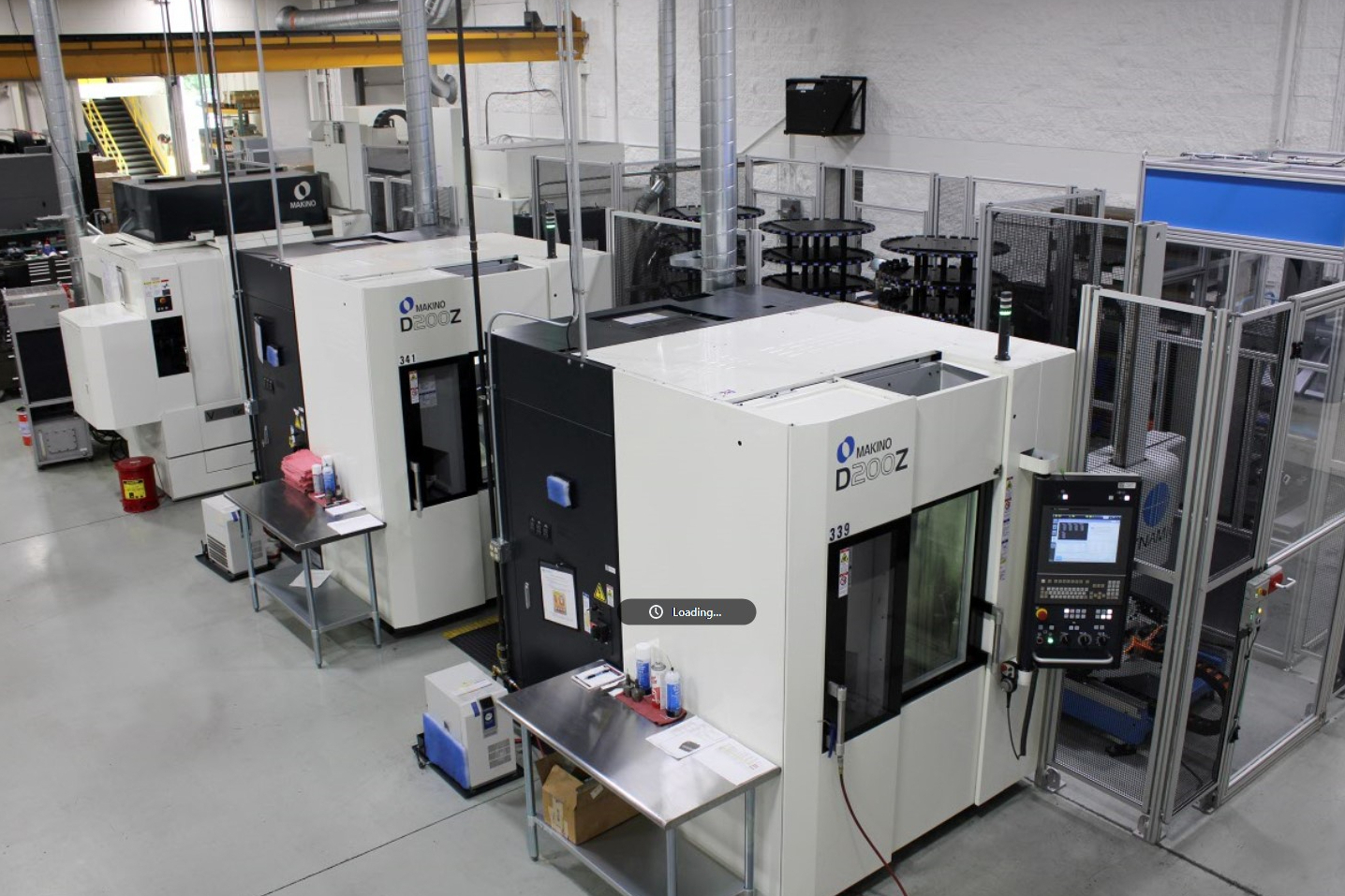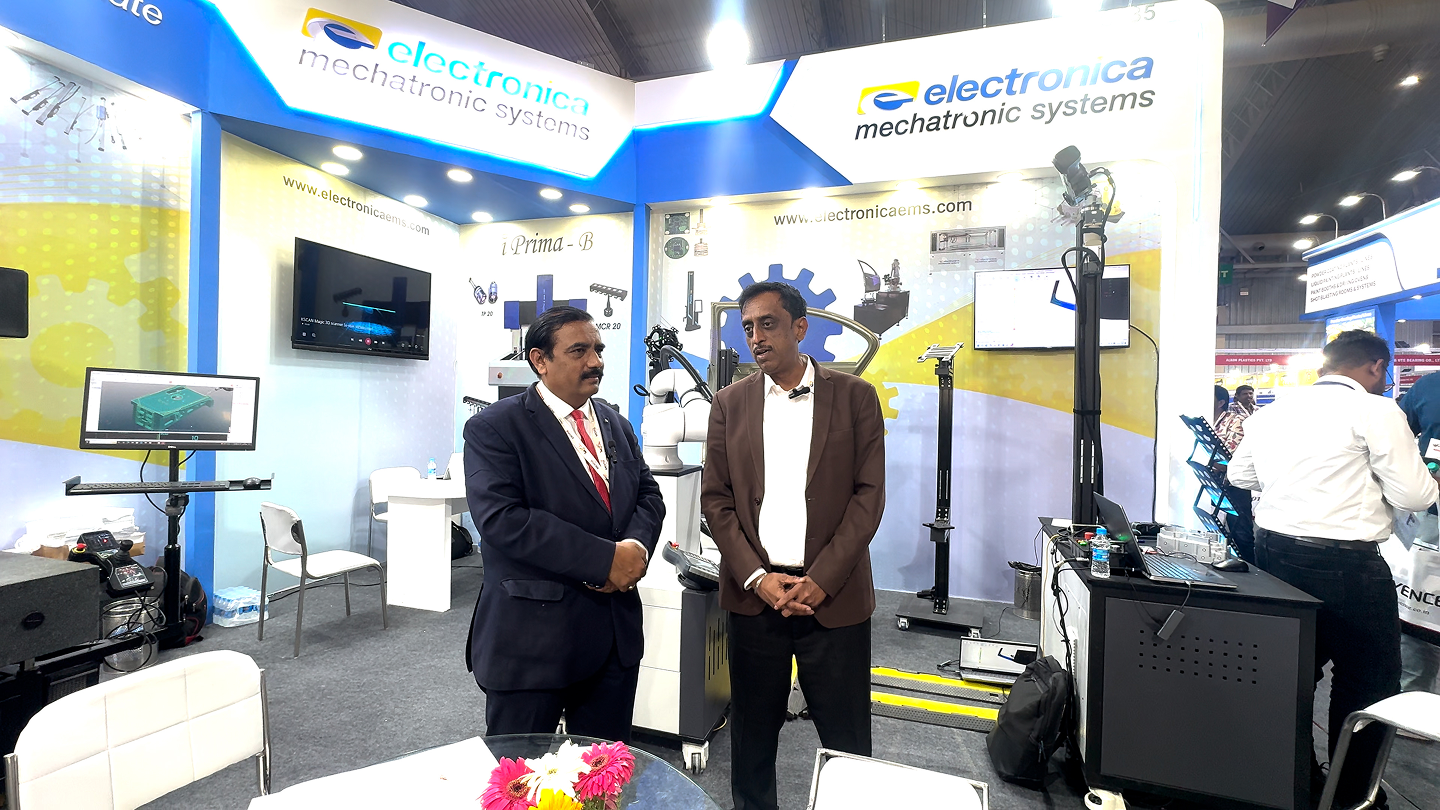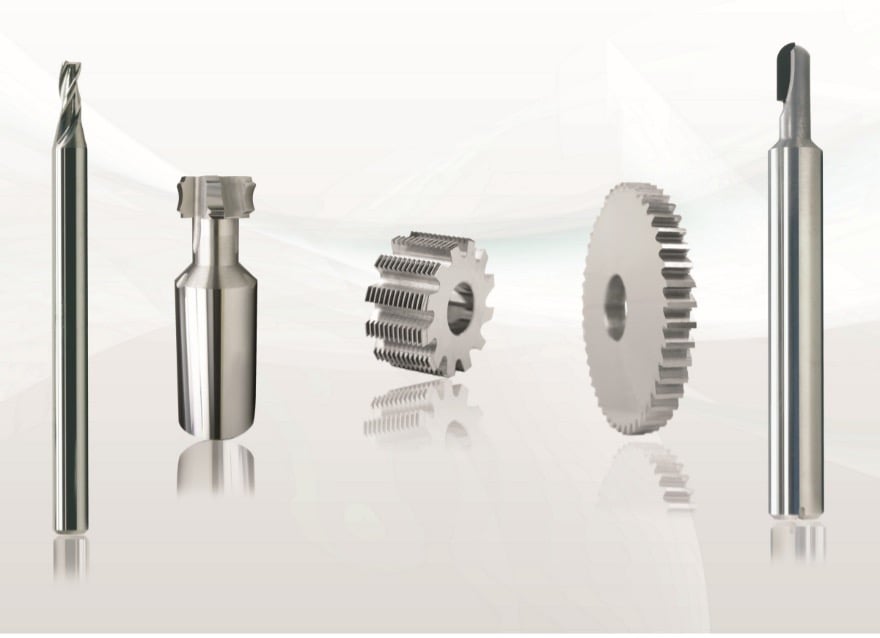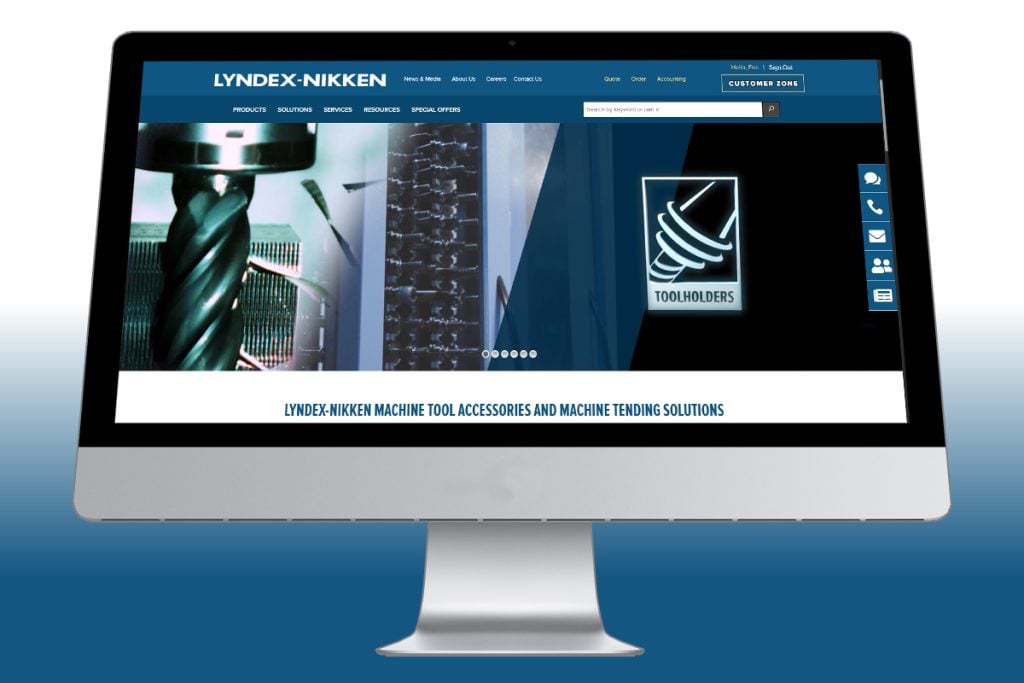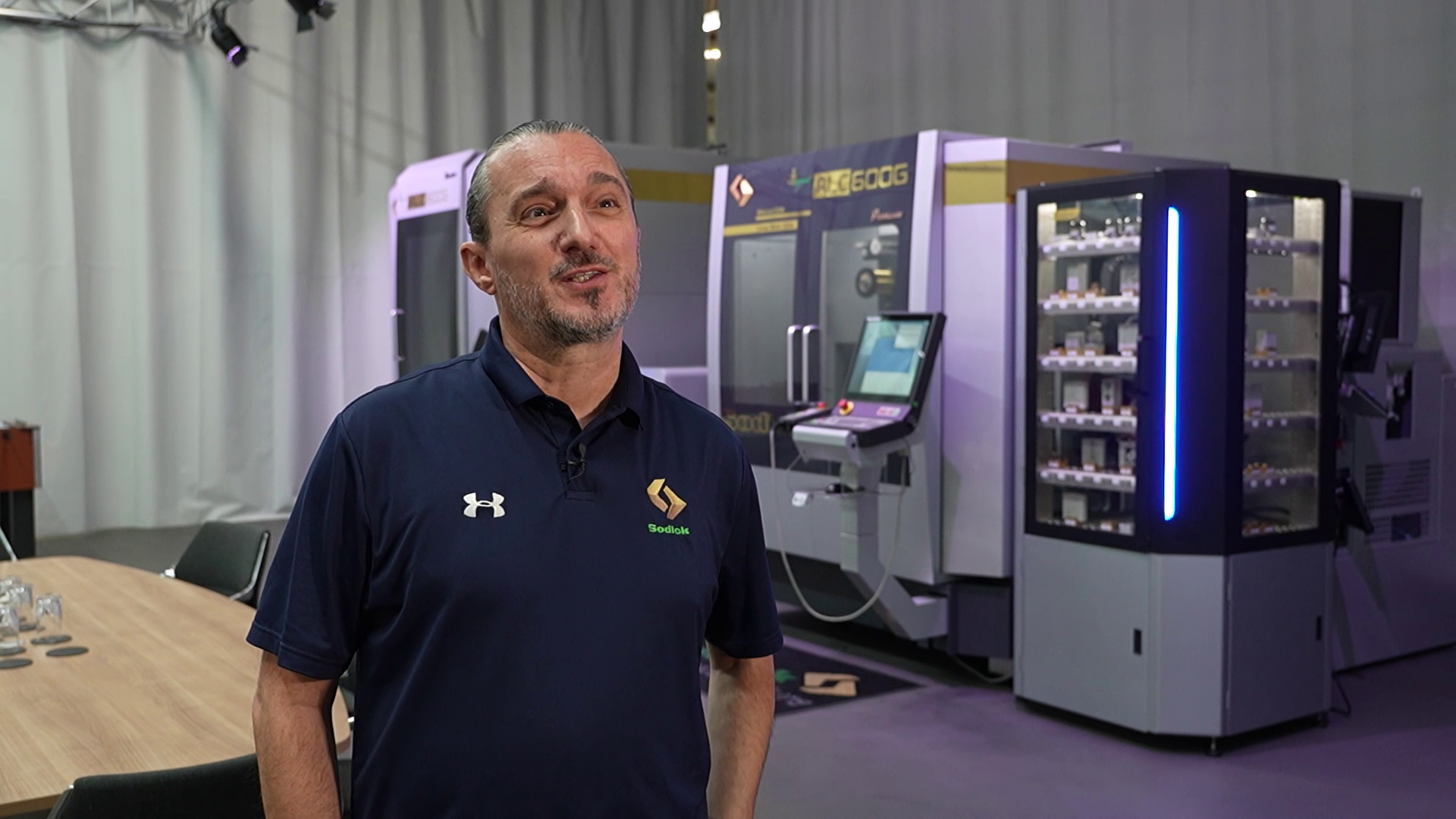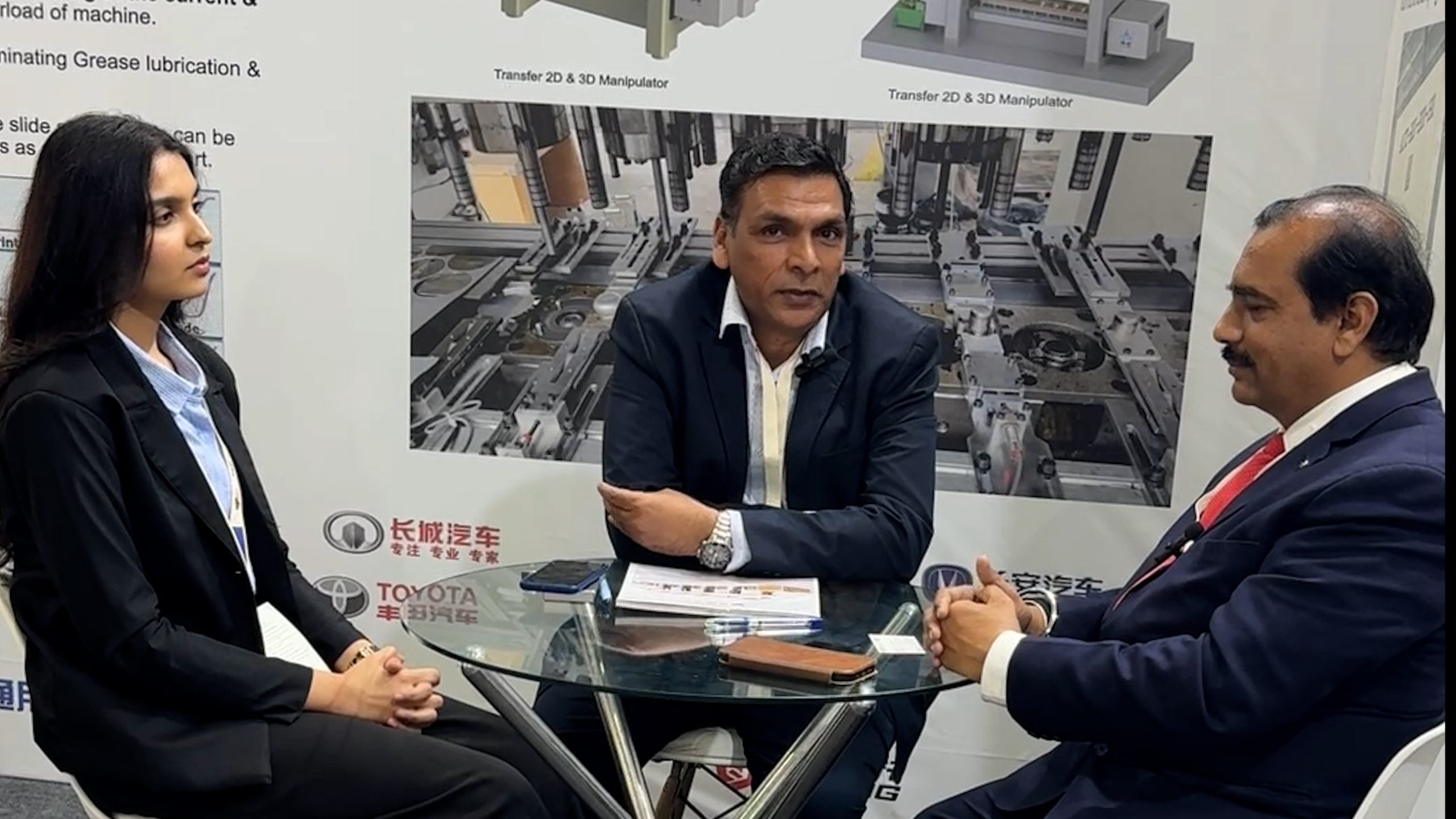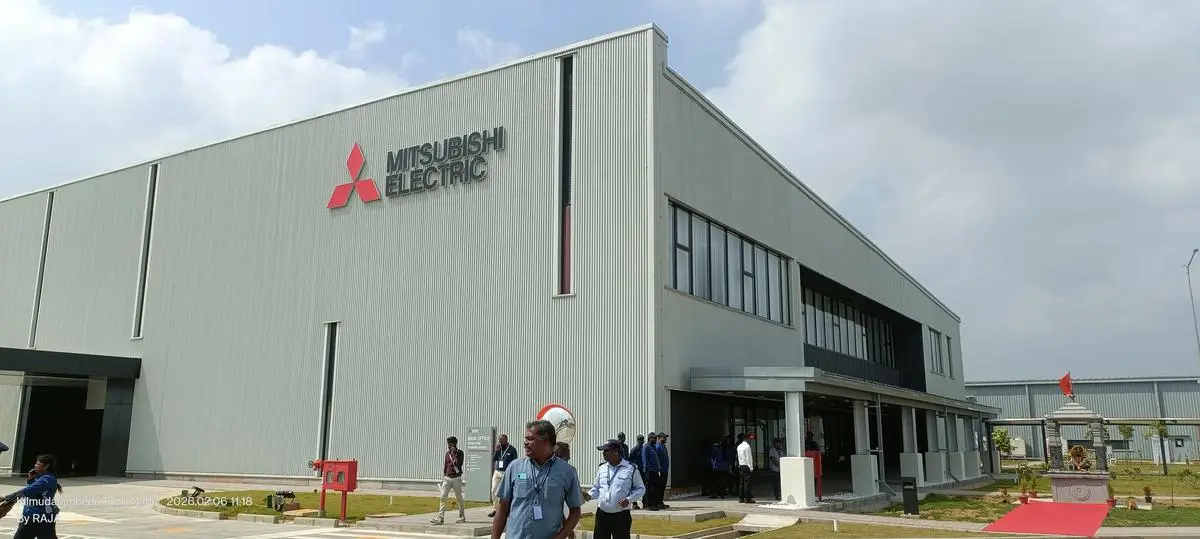
MTDCNC Highlights the Integration of Automation in Precision Moldmaking
MTDCNC recently discovered an insightful piece on MoldMaking Technology that delves into how Decatur Mold Tool & Engineering and Dynamic Tool Corp. are breaking barriers in automation within the moldmaking industry. Both companies have implemented automation to improve efficiency, increase machine utilization, and offer employees new opportunities, but the journey hasn’t been without challenges.
Automation presents obvious advantages, such as allowing machines to operate during unmanned hours and enabling continuous production, which increases throughput and capacity without adding employees or machines. For instance, Dynamic Tool can use offset information from one machine platform to move seamlessly between machining and inspection platforms. While complete automation of block loading isn’t fully realized, partial automation is now standard, allowing for significant progress.
For Decatur Mold and Dynamic Tool, automation has enabled employees to focus on technical aspects of moldmaking rather than manual tasks like moving and resetting blocks. This shift has led to greater speed, accuracy, and repeatability in producing complex parts, particularly for high-cavitation, tight-tolerance injection molds.
However, automating the precision moldmaking process is not without obstacles. The diversity in component sizes, shapes, and geometric complexities presents a challenge that high-volume, simple-production work doesn’t encounter. As John Berg from Dynamic Tool explains, finding a universal solution in workholding, machining, programming, and equipment platforms is much more difficult and requires a systematic internal process.
Decatur Mold faced additional challenges with space and training when they decided to implement robotic cells. Director of Operational Efficiency Louie Fields emphasized the importance of a mindset change, acknowledging that the traditional ways of moldmaking often do not support a shop’s vision when automation is introduced. To fully integrate automation, Decatur discarded 80% of their old methods and embraced a new approach that encouraged critical thinking and problem-solving.
For Dynamic Tool, the use of automation has transformed its operations. Their graphite cutting cell and hard-cutting cell integrate metrology with machining, automating processes such as part cleaning and dimensional checks. This system eliminates manual intervention, allowing the company to run the CMM lights-out and enabling workers to check dimensional results themselves through automated metrology. Similarly, Decatur’s automated cells have proven to be game-changers, with their FANUC robot servicing Makino five-axis machines, allowing seamless handoffs between machines and EDM cells without the need for re-fixturing.
Automation has also enabled both companies to reduce the human error factor and increase precision. For example, Decatur discovered that by automating part changes, they could achieve shorter cycle times and reduce the number of cutting tools used. Dynamic Tool’s machines even send tool life warnings and status updates via email, providing 24/7 monitoring capabilities. These advancements are not just about efficiency—they are fundamentally reshaping how mold components are produced.
Decatur and Dynamic Tool also focus on ancillary automation, such as integrating automated workpiece management and ensuring coolant levels are maintained by systems like FlexxCool, which runs continuously without human intervention. Decatur even uses carbon nano-onion-based coolants that improve the machining of hardened materials like Mirax, further increasing productivity.
Software plays a critical role in the success of these automation systems. Decatur uses advanced design software such as NX, which standardizes mold designs for automation, and Makino’s ED CAM software, which programs EDM automation offline to prevent errors during manual input. Dynamic Tool has developed its own programs for its automated cells, tailoring them specifically to meet their operational needs.
Despite the inevitable learning curve, both companies have proven that overcoming the initial challenges of automation integration is worth the effort. Decatur’s first fully automated mold project was a resounding success, producing parts with no need for after-sample work and demonstrating the possibilities of unmanned mold production. By embracing automation, these companies have not only enhanced throughput and quality but have also allowed employees to advance their skills, focusing on technical expertise and innovation.
MTDCNC found this journey of automation in precision moldmaking fascinating and wanted to highlight how forward-thinking companies like Decatur Mold Tool & Engineering and Dynamic Tool Corp. are shaping the future of the industry. Their commitment to overcoming the challenges of automation is paving the way for more efficient, precise, and innovative moldmaking processes.


